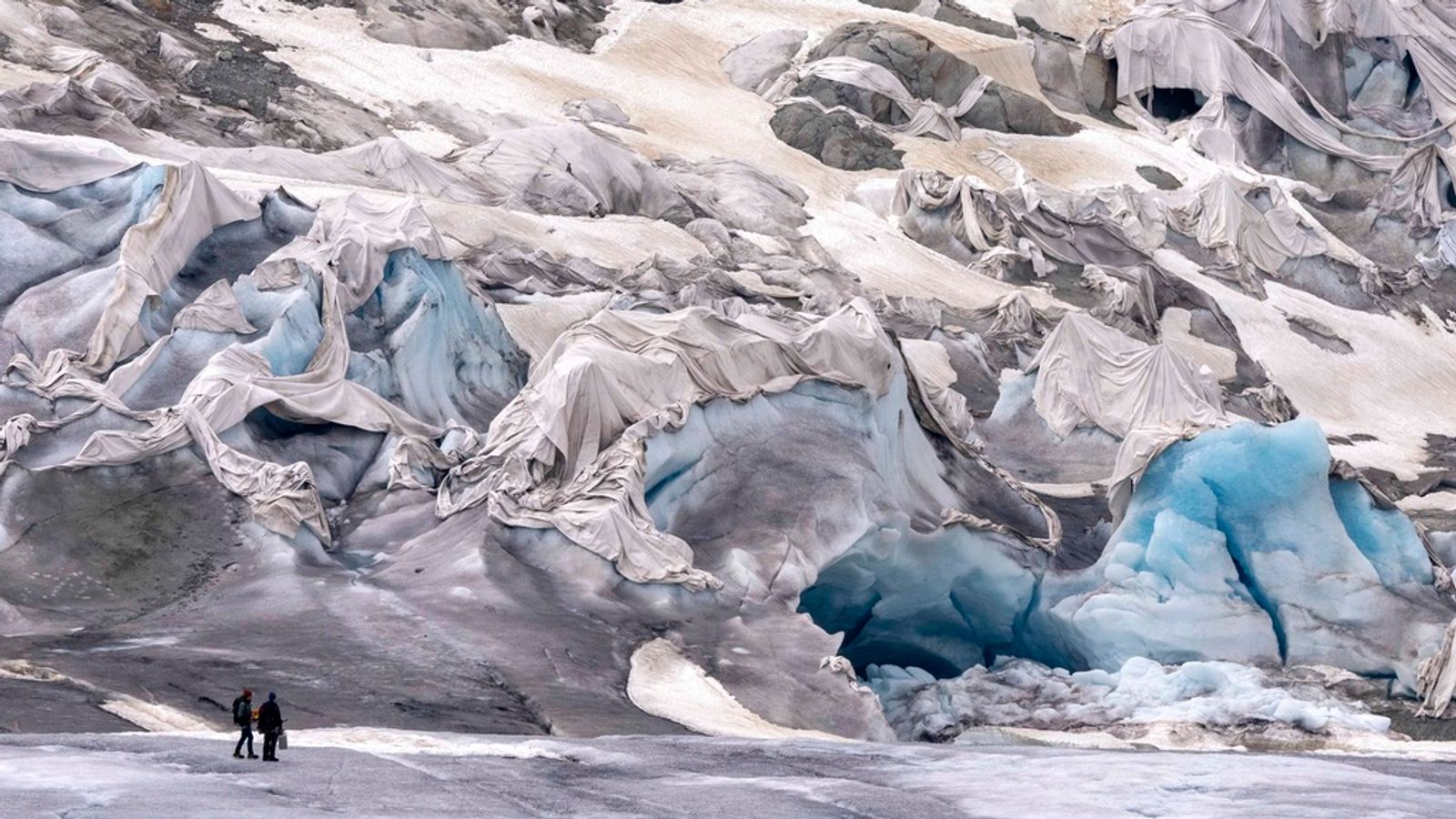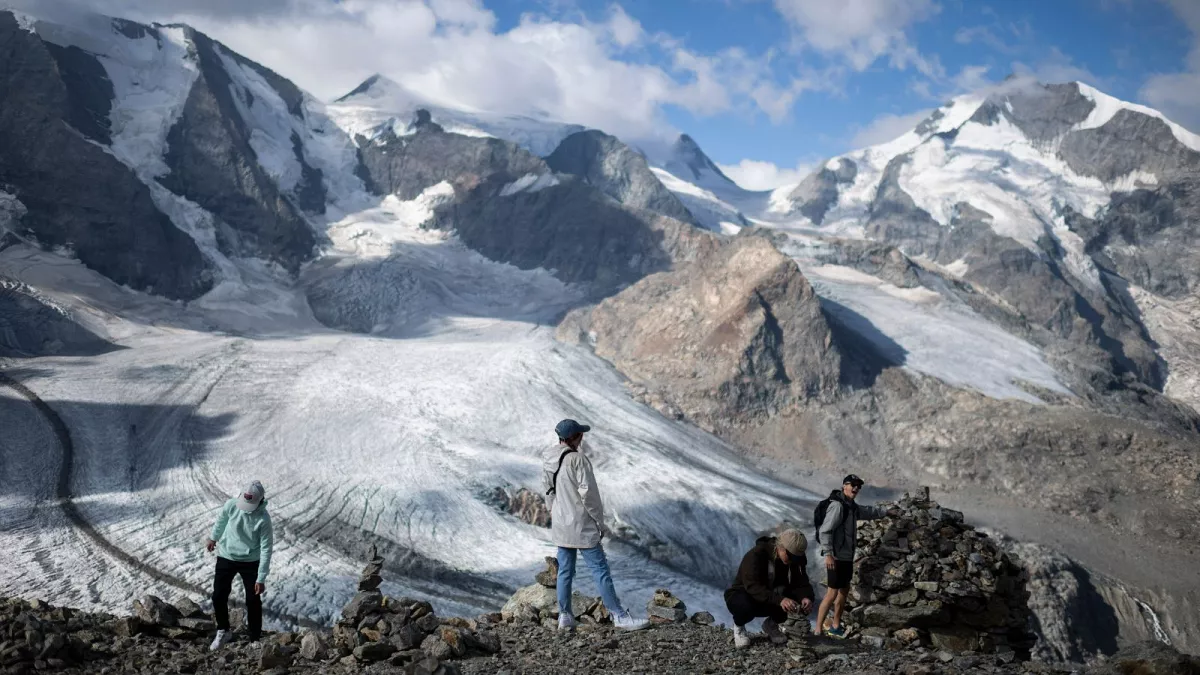Swiss voters have approved a new law aimed at reducing the use of fossil fuels and significantly cutting levels of climate-changing pollution, addressing the urgent issue of glacier melt in the country.
The law, which passed with just over 59% of votes in a referendum on Sunday, mandates that Switzerland achieve net zero emissions by 2050. This goal means the country will need to remove at least as much pollution from the atmosphere as it emits.
Currently, Switzerland imports about 75% of its energy, with all its oil and gas coming from abroad.
“These fossil fuels will not be available indefinitely, and they significantly impact the climate,” stated the Swiss government on Sunday. The administration aims to decrease the reliance on oil and gas and boost domestic energy production.
The new legislation includes initiatives to cut energy consumption and assist companies in adopting more environmentally friendly technologies.
Switzerland plans to invest 2 billion francs ($2.24 billion) to help homeowners replace fossil fuel-based heating systems with renewable energy alternatives, and 1.2 billion francs ($1.34 billion) to support businesses in upgrading to greener technologies, according to André Simonazzi, a Swiss government spokesperson on Twitter.

Switzerland, with a population of 8.7 million, operates under a system of direct democracy, allowing citizens to initiate nationwide referendums on proposals that garner more than 100,000 signatures.
A previous climate law, introduced in 2021, aimed to increase taxes on activities generating high levels of greenhouse gases, such as air travel and driving gasoline-powered vehicles. However, that proposal was rejected by voters.
The current climate bill was proposed in response to the Glacier Initiative, launched by the Swiss Association for Climate Protection, which called for an end to fossil fuels to protect the country’s glaciers.
“This law sets our country on the path to achieving net-zero emissions by 2050, though we still have a long way to go before these changes are fully realized,” said Matthias Huss, a glaciologist at ETH Zurich and a member of the Glacier Initiative’s scientific advisory board.
Huss noted that recent extreme climate events in Switzerland and globally “seem to have persuaded many citizens that climate change is no longer a distant threat but a present reality affecting everyone.”
Switzerland has already experienced significant climate impacts, including a 6% loss in glacier volume between 2021 and 2022, according to a recent analysis by the World Meteorological Organization.






Leave a Reply